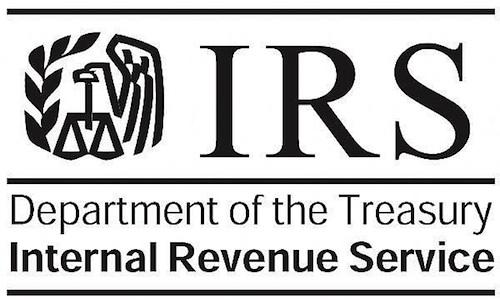The IRS is having outsiders do some of its dirty work. Namely, it has assigned past due accounts to private debt collectors, based on the tax amounts owed. However, despite a new law change offering protection, there are concerns that accounts of low-income taxpayers are being disproportionately assigned to the private firms.
To assess whether private debt collectors should become involved, the IRS is reaching back as long as ten years ago to make its determination.
Details: As part of a 2015 highway spending measure, the IRS is authorized to assign private firms to help collect tax on certain tax debts. The IRS must notify taxpayers that their case is being assigned to one of the designated collection outfits. So you won’t be blindsided by a surprise knock on the door or a demanding phone call.
Furthermore, the private debt collection program is limited to certain cases. Specifically, the IRS won’t assign a debt to one of an outside agency if the taxpayer is:
- Deceased;
- Under age 18;
- Serving in a designated combat zone;
- A victim of tax-related identity theft;
- Currently under IRS examination, litigation, criminal investigation or levy;
- Subject to pending or an active offer in compromise (OIC);
- Subject to an installment agreement;
- Subject to a right of appeal;
- Being treated as an “innocent spouse” in court proceedings; or
- Residing in a presidentially declared disaster area and requesting collection relief.
Nevertheless, critics of the program—including the National Taxpayer Advocate (NTA)—have complained that it unfairly targets low-income taxpayers.
Accordingly, Congress passed the Taxpayer First Act in 2019, requiring the IRS to exclude from the program any taxpayer with an adjusted gross income (AGIs) at or below 200% of the federal poverty level. However, as noted by current NTA Erin M. Collins, the new legislation doesn’t establish how and when to measure a taxpayer’s AGI for this purpose.
To this point, the IRS has been using the taxpayer’s last filed return for the determination. If a return hasn’t been filed recently, the IRS has been going back as long as ten years to find one. Even worse: If it still can’t locate a return, the IRS will assume that the taxpayer’s AGI exceeds 200% of the federal poverty level and won’t exclude it from assignment to a private tax collector.
NTA Collins opines that this defeats the objective of the Taxpayer First Act provision. As an alternative, she is proposing a three-part method that relies on third-party documents like W-2s and 1099s to measure a taxpayer’s AGI if a recent return isn’t available. Collins believes this approach is more equitable and better reflects Congress’ intent to protect low-income taxpayers.
Stay tuned for more developments.
Thanks for reading CPA Practice Advisor!
Subscribe Already registered? Log In
Need more information? Read the FAQs




